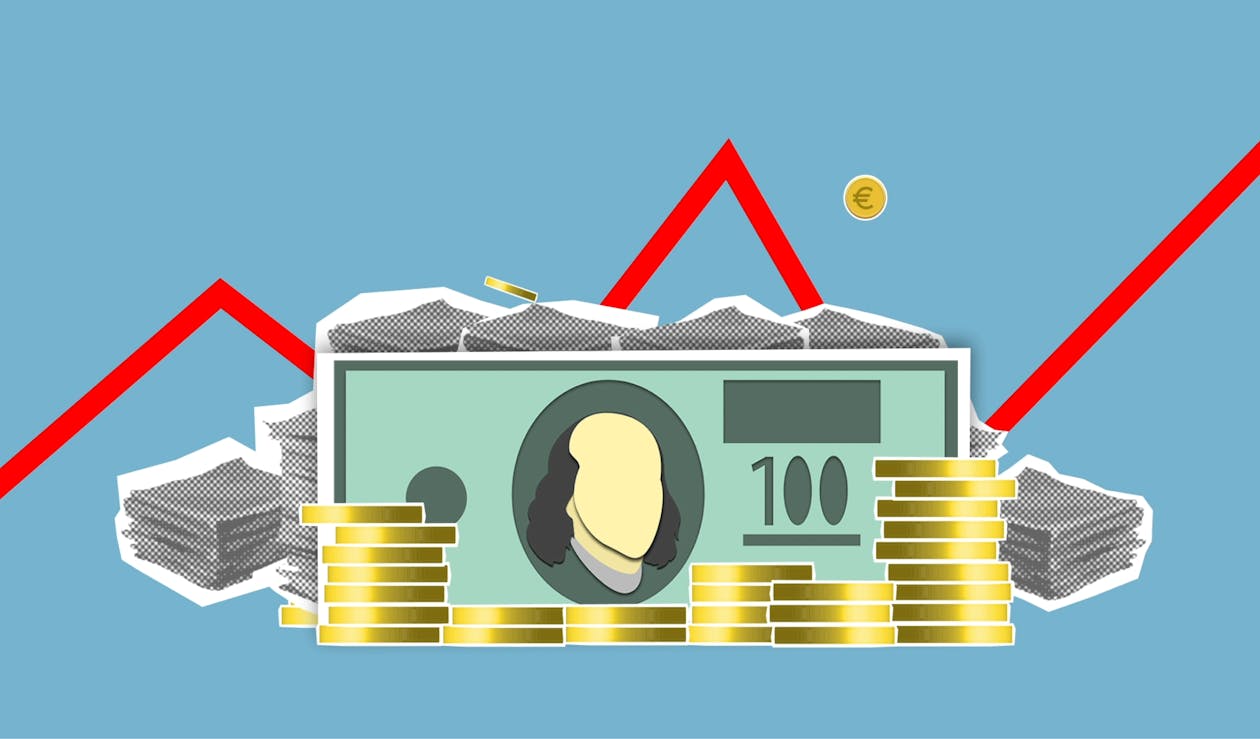Introduction
The US dollar is the world's most widely used currency and has played a significant role in the global economy for over a century. Its status as a reserve currency, medium of exchange, and unit of account has enabled it to facilitate international trade and finance. However, the dollar's dominance has faced challenges in recent years, and questions have arisen regarding its future role in the global economy. This article examines the past, present, and future of the US dollar in the global economy.
1: Historical Significance of the US Dollar
The US dollar's global role can be traced back to the post-World War II era when the United States emerged as the world's largest economy and a major creditor nation. The Bretton Woods agreement of 1944 established the US dollar as the global reserve currency and tied its value to gold. This system lasted until 1971 when the US ended the convertibility of dollars into gold, leading to the collapse of the Bretton Woods system. The US dollar remained the dominant global currency due to its wide acceptance and liquidity, particularly in oil markets.
2: Current Status of the US Dollar
The US dollar's status as the dominant global currency has remained largely unchanged since the end of the Bretton Woods system. It is estimated that approximately 60% of all foreign exchange reserves are held in US dollars, and it is used for nearly 90% of all currency transactions. The dollar's status as a safe haven currency has also been reinforced during times of financial instability, such as during the 2008 financial crisis.
However, the US dollar's dominance has faced challenges in recent years. The rise of emerging market economies has led to increased demand for alternative reserve currencies, such as the euro and Chinese yuan. Furthermore, the US's monetary and fiscal policies, including large trade and budget deficits, have led some to question the sustainability of the dollar's status as the global reserve currency.
3: Future Prospects of the US Dollar
The future role of the US dollar in the global economy is uncertain, and several factors may impact its dominance. One of the key factors is the rise of China, which has become the world's second-largest economy and is increasingly challenging the US's economic and geopolitical influence. China has been promoting the internationalization of the yuan and has established several bilateral currency swap agreements with other countries, reducing their reliance on the US dollar.
Another factor is the growing interest in digital currencies, particularly with the rise of cryptocurrencies. While the US dollar remains the dominant currency in the digital space, cryptocurrencies may disrupt traditional currency systems, potentially impacting the role of the US dollar as the global reserve currency.
Conclusion
The US dollar's global role has been significant in facilitating international trade and finance. While the dollar's dominance has faced challenges in recent years, it remains the dominant global currency. However, the rise of emerging market economies, concerns over US monetary and fiscal policies, and the growing interest in digital currencies may impact the future role of the US dollar in the global economy. It is unclear what the future holds for the US dollar, but it is likely that its role in the global economy will continue to evolve in the years to come.
![In the Know with Informium: Discovering [The World] In the Know with Informium: Discovering [The World]](https://blogger.googleusercontent.com/img/a/AVvXsEgcDyR0p1ytrjUEjbVNRJ1Rt66C4X1HYJkQZjuSh_BLJNHQVjppjSqTkcbP2tqgWZ84RhZMkFxCHCC-SxGuMPnSww7DG8x0MVE6d7sDvaEGkbPJuvtq_uY2i7hHDjuprQUzeDt2QcAcWChEFl49Huojm3fLHYpSjoXabD75WmhgSI2yfCktm3WuB86PMQ=s150)
